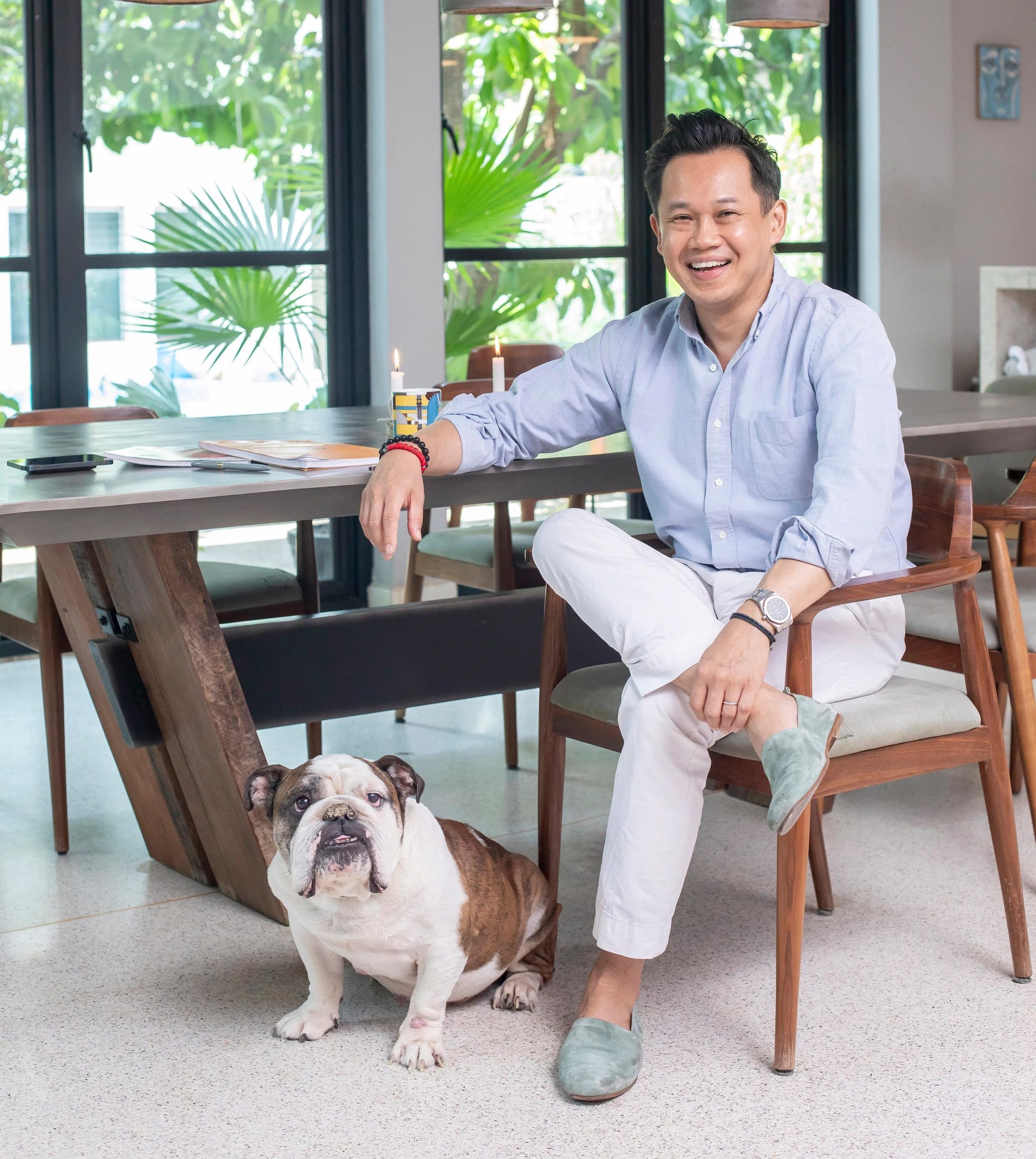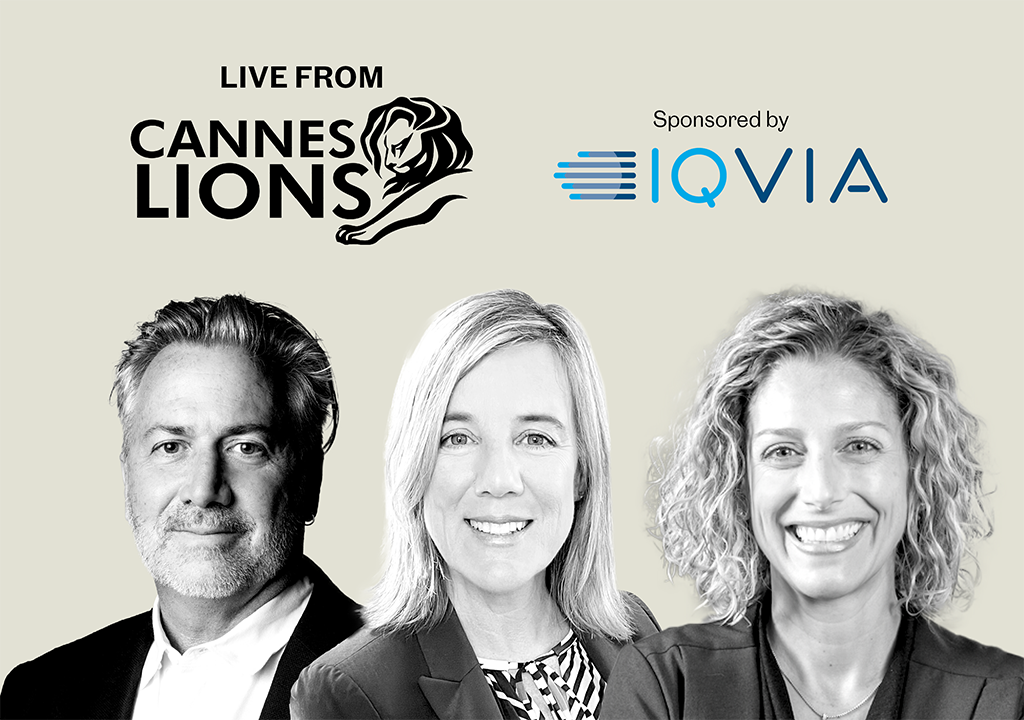As a man who wears many hats, one of the roles Paradai “Duke” Theerathada is most passionate about playing is that of a corporate branding strategist and executive coach.
If you look at the illustrious career track record of Paradai Theerathada, you can see quite clearly a knack for consulting. US-born and raised until working age, Paradai – better known as “Duke” – moved to Thailand in 1997 as a political science graduate to become an advisor for then Bangkok Governor Bhichit Rattakul. A couple of years later, when the governor decided not to seek another term, Duke moved to the private sector to head corporate affairs at Orange Telecommunications (which would eventually become a part of True), before becoming the Senior Vice President of Corporate Affairs for GE Capital.
As Senior VP, he helped the financial division of General Electric establish retail banking in Thailand. Then he was asked to revamp TMB’s entire brand, culture, and communications – another hefty brief which he certainly fulfilled and stayed on to oversee for eight years.
Catching up over coffee and cheesecake at his tastefully decorated home in Bangkok’s Ari neighbourhood, we learn that these days Duke has his hands in a number of ventures, including cyber security, education, and philanthropy. But what he’s especially passionate about and focused on is his corporate branding and executive coaching services, which he does under the brand Duke Paradai Theerathada.
Duke and his bulldog Angus
“The role of a corporate branding strategist is to remain agnostic and non-myopic; to look at the brand of an organisation as a third party, and then relay that perspective back to the organisation in order to help them bolster their brand,” he explains. “I started this company in 2017, immediately after detecting a need for it. Concurrently, I also got the opportunity to help the CEOs of many different companies on matters of personal branding – or what many people call ‘executive coaching’. So, I’ve been doing both these in parallel since, and they very much complement each other.”
Duke says that one of the most apparent obstacles faced by companies and C-suite individuals is a lack of strategy, and the way to formulate one begins with self-reflection. It wasn’t so long ago when he hosted a coaching workshop with Prestige, offering a snippet of what he does for some of our nation’s top business leaders and corporations. In the workshop, Duke instructed participants to go through 100 values, narrow them down to the ten most personally meaningful, and then whittle them down further to a final three.
“These three statements represent the top values in your life and what you will consequently attract into your orbit. For instance, if creativity is one of your top values, you’ll probably attract that into your life or avoid people who aren’t that creative or who are maybe a little too square.”
Once values become clear, Duke says it’s easy to see the best strategy to move forward with, by asking questions like ‘What do I need to do to amplify those values?’ or ‘What passions can I undertake that make those values tangible in my life?’
As Duke emphasises, passion is crucial in career. “Otherwise, it’s just for a cheque, with the hope that something better will just fall out of the sky,” he remarks. “Without passion, we’re merely passengers in our own life, not in control of where it’s going. My goal with my coaching is to give people the tools to help them live a more emboldened, empowered life.”
This enterprising exec seems to have found for himself exactly what he advocates others to have in their professional lives. “I like that I get to dictate my own time with what I do for a living. One day, I’ll be focused on cybersecurity, and then the next day I’m working with a company, helping them position themselves properly, or coaching an individual, such as yourself. It’s very dynamic and stimulating, and I like that because I can get bored easily. I also don’t have this feeling of being attached to an organisation, and it gives me more time to spend with family.”

Taking a break from discussing work, we take a quick tour of Duke’s cosy, art-filled dwelling. Whereas some folks put objects in their homes to signify a lifestyle they’d like to be perceived as having, all of Duke’s artefacts seem to have real significance to his interests. Pick out something at random and ask about it, and you’ll get a small story back without fail. The American football paraphernalia adorning some of the shelves in his oval-shaped study, for instance, are mementoes of his adolescence in the United States. In the same room, antique toy firetrucks hark back to a childhood fascination.
As someone who clearly has an affinity for well-made objects and collecting, when asked rather open-endedly what he thinks about artisanal culture in the context of where we are, he emphatically responds: “You and I are in paradise. Thailand is at the crossroads of beauty.”
He follows that up with what Thailand has in abundance, such as a rich heritage and a diverse geography and population, and how all of this shapes the various forms of arts and craftsmanship we put out, including fashion, food, and architecture. However, we eventually arrive at a caveat, which Duke explains using his own neighbourhood as an example.
There are pending plans to expand the size of the roads in Ari, making room for gentrification, but many of the neighbours are pushing back to retain the quaint and quiet quality of the area.
“We’re at a point where we’re starting to tear down beauty in order to create something new,” he says. “It’s a hard balance, but I think we need to turn this around now and have a passion for the arts that’s already around us.”
I can’t help but see a common thread between how Duke coaches his clients and his thoughts on the kingdom’s charms. The underlying message seems to be that potential is often right under our noses… and we just have to be reminded to look closely and appreciate what’s already there.




